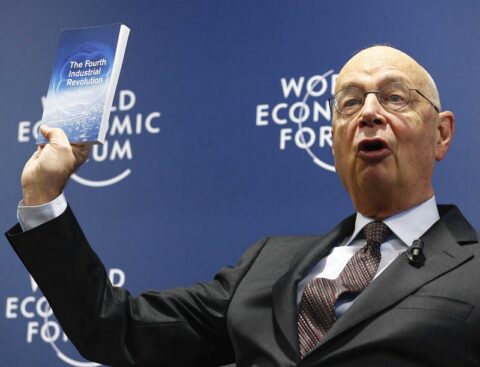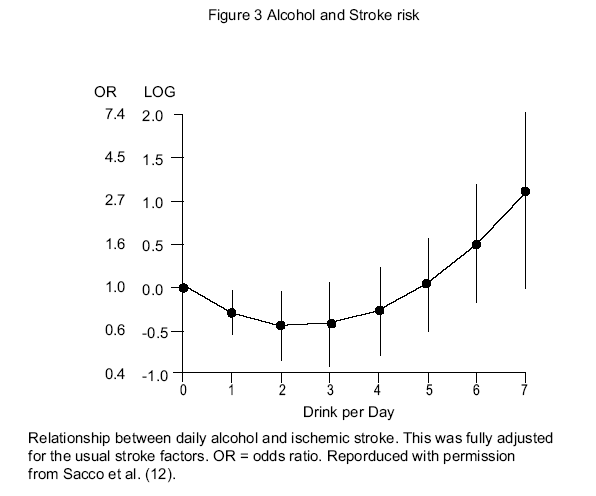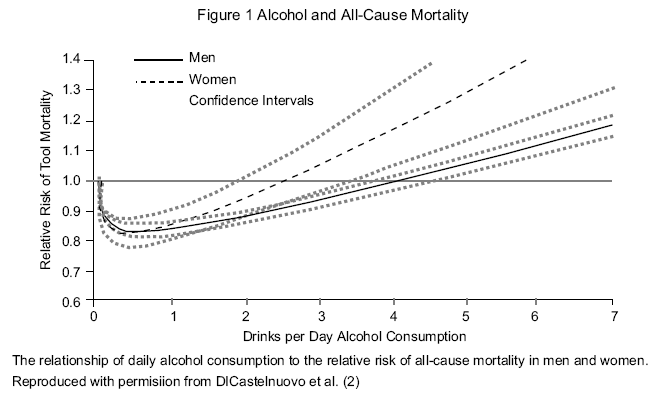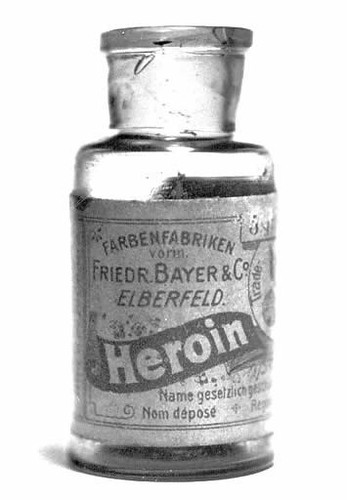CDR Salamander wants to sign up — like so many of us — for a post-Davos world:
The whole World Economic Forum/Davos experience is one part Bond villain parody, one part clout seeking billionaires, one part megalomania, a heaping cup of greed, and a dash of rent seeking.
In 2023 things have reached the point where any association with Davos should put an individual or organization under notice of suspicion. Amazing to see people who claim to be American conservatives or lovers of liberty attending in an non-ironic, non-protesting capacity.
This wannabee gaggle of quasi-oligarchs and autocrat throne sniffers represents everything that is wrong with the human desire for control, power, and to crush the individual for fun and profit.
They pretend to be the world government in waiting that no one asked for, no one wants, and trust me on this — no one wants to live under. Being unaccountable to the people is their ideal state.
If you don’t know what I am referring to above, shame on you. Google it yourself, but I couldn’t help but giggle when I read the title from this article by Gideon Rachman at The Financial Times; Geopolitics threatens to destroy the world Davos made.
Really? It is? Then by all means let’s have MOAR!
…the 2023 WEF — the first to take place in its regular winter location since the pandemic began — could be seen as signalling a return to normalcy. However, China’s sudden abandonment of its zero-Covid policy has raised fears that a new wave of variants could emerge.
And, even if a fresh pandemic phase is avoided, Covid has left its mark on the way governments and businesses think about globalisation. The assumption that goods and commodities can always be shipped easily around the world has been shattered.
Except for the mentally fragile few and those who leverage power through them, the world is over COVID like it is over the flu. The last three years has been a clarifying event bringing in to stark relief those autocracy worshipers and hypocrites who hold individual rights in contempt. It also helped us see the existential danger a free people can face when they put themselves at the mercy of governments who see a crisis opening a door for an easy grasp at additional powers they will never want to give back.
The past the Davos set desired failed the future that is our present, but that doesn’t give pause to any of them. The Davos view of the future where everyone (except for those at the top) lives in a pod, eats bugs, owns nothing but is “happy” is at best dystopian, at worst justifies at some point if they are not stopped, open global revolt against the ruling class with all the violence and blood that comes with it.
[…]
Simply unacceptable in democratic nations that the will of the people might promote change in political leadership. Next thing you know, they might want even more free speech and redress of grievances.
Those world leaders who are present might do well to take the funicular up to the Schatzalp Hotel, which served as Mann’s model for the sanatorium in The Magic Mountain. The hotel’s view is the best in Davos — it may offer a chance for quiet reflection on how to prevent war and natural disaster from once again engulfing the global economy
Unspoofable.
Perhaps they should reflect on how they encouraged Russian aggression and European vulnerability to hydrocarbon blackmail? Should they take a moment to see how they look the other way as the PRC engages in wholesale oppression of their Muslim minority? Are they proud of their dividends derived from almost unimaginable levels of air and water pollution flowing out of PRC’s slave labor run factories?
Unlikely — they might miss out on the next party.
A post-Davos world?
How do we bring it here faster?









